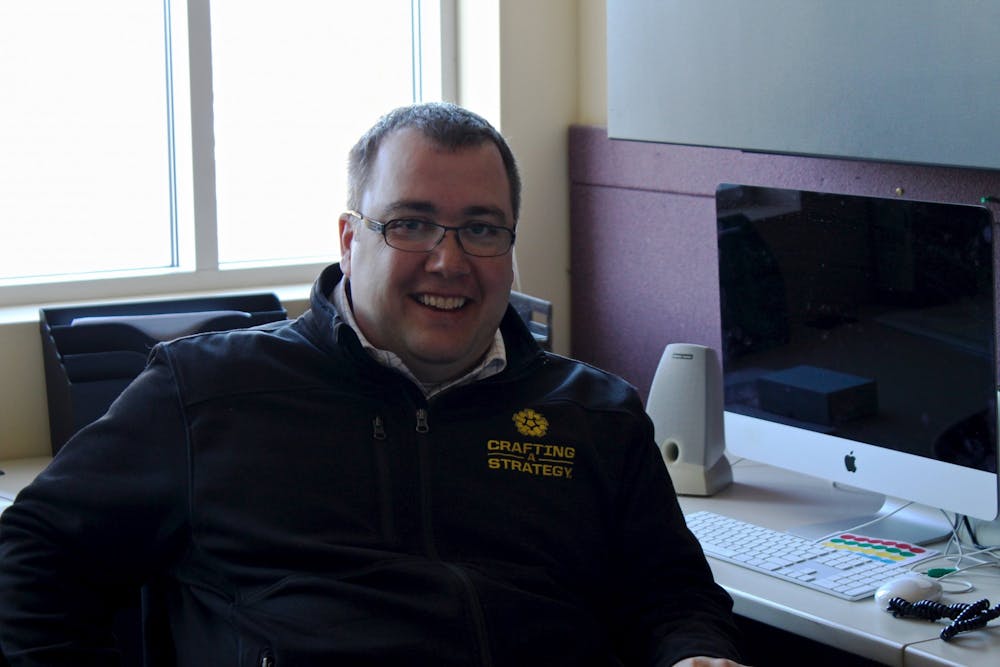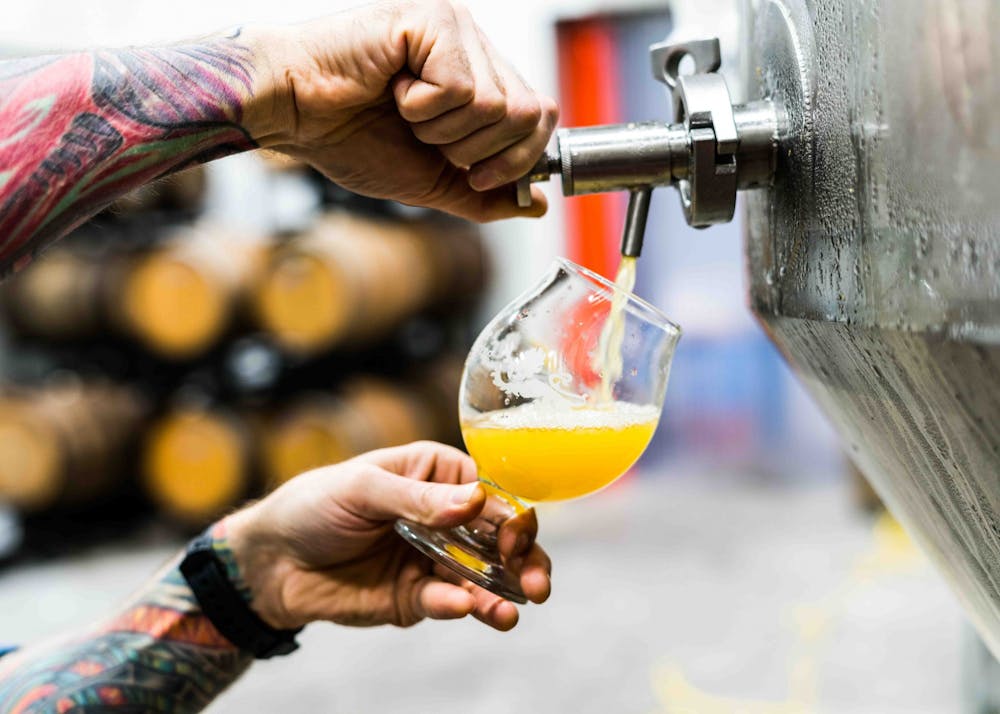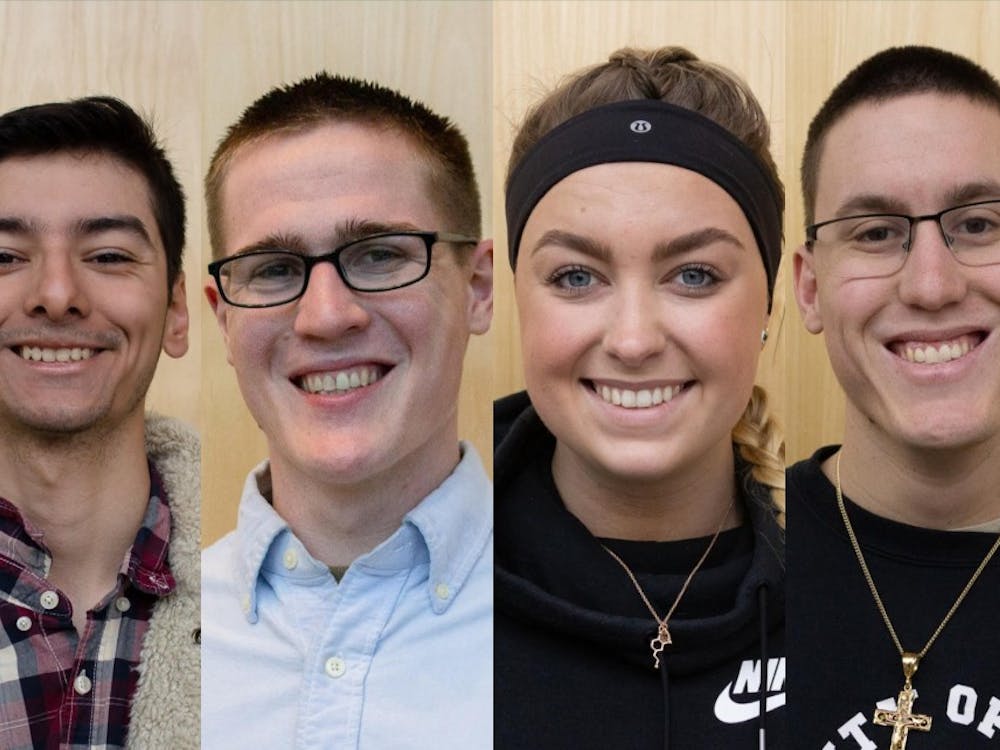In the last ten years, the number of craft breweries has grown exponentially. Through innovative beers, crazy can designs, and eccentric brand personalities, breweries have helped create communities that their consumers can relate to. But along the way, those brewers needed guidance. Now, in the midst of the coronavirus pandemic, those same brewers might be struggling to stay open or find distribution channels.
However, Business professors Mark Meckler and Sam Holloway are using their online website Crafting A Strategy to continue helping breweries during this crisis. In their free time, they advise craft brewery pubs around the world.
Meckler and Holloway wanted to use their business knowledge to support brewpubs, a business that they believe are essential hubs in neighborhoods. In 2015 they started their own business, Crafting A Strategy, an online platform for brewers and business owners to learn tips and tricks for their company. For and through supporting brewers, they are encouraging civic health.
Crafting A Strategy has online lessons, videos, podcasts and forums for brewers to share advice and stories. According to Holloway, they advise 400 individual members from 250 different breweries and 19 countries.
“Let’s say a craft brew pub opens in your neighborhood,” Holloway said. “That’s good for the neighborhood, in the way that a bar never was. People take their families there, usually, they are open at night and restaurants open nearby. They are good ‘type three jobs’ … which means the money gets spent locally and the owners are local so the money that gets profited also gets spent locally.”

University of Portland Business professor Sam Holloway sports his Crafting A Strategy gear.
The craft beer industry boomed around the United States starting in the early 2000s. The boom came after states like Oregon, California and Colorado passed laws in the 1980s and 1990s allowing everyone, not just large distributors, to make and sell beer. Similar to Meckler and Holloway’s beliefs, the industry has continued to grow because of its focus on community.
Holloway first got into the beer industry as a graduate student at the University of Oregon when a friend of his was opening Oakshire Brewing in Eugene. Holloway was a former civil engineer and his friend asked him to help build the brewery. Now, Holloway is a shareholder and part-owner of the company.
Meckler, who trained in Switzerland, worked as a cook around the world and became a professional chef in 1988. He became the food and beverage manager at a resort in Aruba for five years, starting in 1991, where he became well-versed in the hospitality industry. Meckler and Holloway met as colleagues at the University of Portland and the two brought their skills and knowledge of business management together to create Crafting A Strategy.
“One day we were chatting and I just said, ‘You know, you and I could help a lot of people that are never going to be able to come to the University of Portland,’” Holloway said. “I think there are a lot of people out there that don’t have access to formal education. If they are unable to come to the University of Portland, that shouldn’t stop us. So, we just started kicking around ideas of what we could do as two professors that both had practical experience.”
Meckler and Holloway don’t make any profits from their members. Instead, they chose to do the work to build civic health. According to Holloway, Crafting A Strategy is their “nights and weekends job.”
When first starting the company, Meckler and Holloway wanted to write a book with their content. They soon realized that the industry is constantly changing and a website would be more practical. Meckler creates all of the content, including blog posts, videos and podcasts. Holloway is the company’s spokesperson, traveling to and giving speeches at conferences and universities around the world.

Holloway and Meckler pictured together in Shanghai. Photo courtesy of Sam Holloway.
In 2016, Holloway and Meckler traveled to China’s first Craft Beer Conference in Shanghai. They were keynote speakers, sharing some of their tips and tricks for the business and the ways that craft breweries can create community.
“My job was to match Chinese cultural values and communist party values with growth of craft beer businesses,” Meckler said. “China is very family-oriented. They don’t want their kids to move away just to get a job in the city and send money back home…But this kind of business, where you can build small businesses right at home, where there are good-paying jobs and it creates a community. This is not about profitability, this is about civic health, and that sold well there, they got it.”
However, as the world is shutting down to stop the spread of the coronavirus, craft breweries are closing, and taking a hit because of it, according to Meckler.
Many are worried because the big brewing companies such as Anheuser-Busch and Coors will dominate in the supermarkets. Some breweries still sell small amounts in stores, however, not enough to sustain the company. Some smaller breweries also don’t have canning lines, which allow them to can beer for distribution into larger markets. This means some breweries have to find different solutions to sell their beer such as curbside pickup or delivery.
Meckler and Holloway are assisting their members through the details of the new Coronavirus Aid, Relief, and Economic Security Act (CARE). Through this, many breweries are eligible for a small business loan that will pay their rent, utilities and payroll for up to 10 weeks, according to Meckler.
Some of Crafting A Strategy’s clients nearby UP including Occidental Brewing, Stormbreaker Brewing, and Breakside. Though Meckler and Holloway do not plan on opening their own brewery, they hope to continue to help communities and craft brew businesses for as long as they can.
Fiona O'Brien is a reporter for The Beacon. She can be reached at obrienf21@up.edu.








